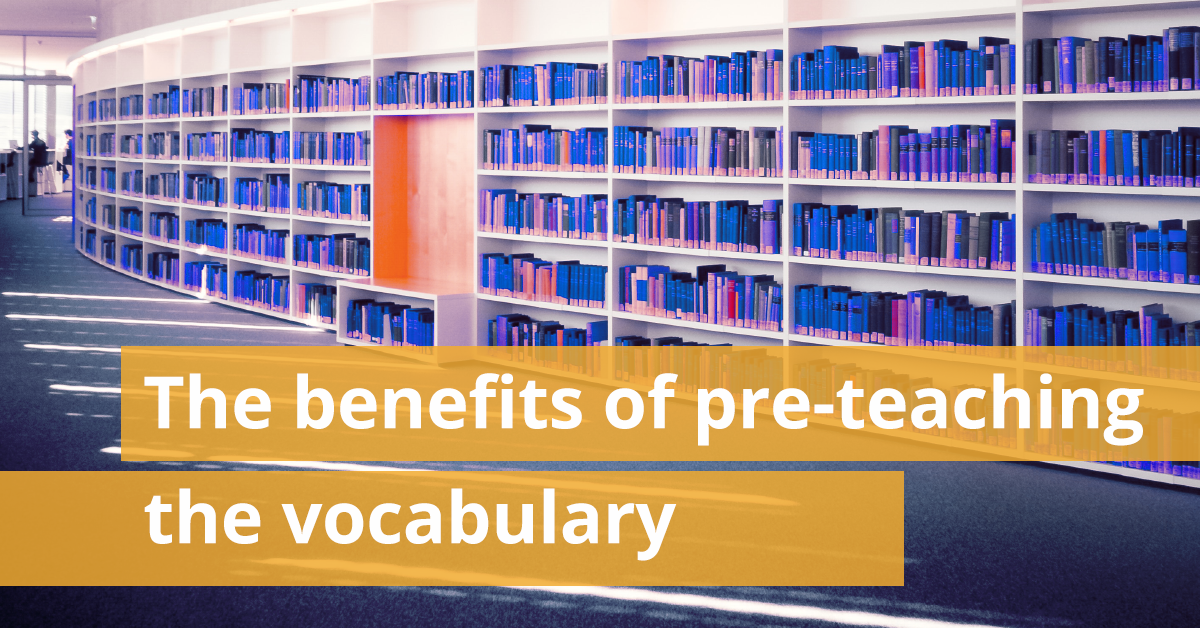
A great deal of vocabulary in subject specific texts is new and unfamiliar to students. Some words have been heard but not seen in writing, making it difficult for students to recognise and pronounce the word.
We do know that students are reluctant to use words that they cannot pronounce so whether a student is six or 16, they must be given the opportunity to repeat the word after the teacher has said it. This can be done as simply as the teacher saying, ‘I say the word … now you (the student) say the word’. If the word is difficult to pronounce then do this a couple of times.
Some incorrect word pronunciation has crept into our language. For example, many people pronounce ‘pronunciation’ as ‘pronounciation’ and ‘advertisement’ not as ‘advertisment’ but as it is spelt ‘advertisement’. Another common mispronunciation I hear is ‘liberry’ for ‘library’. Correct pronunciation makes a speaker more confident and assists with spelling. So, teachers, check your pronunciation of words!
There are a number of ways that vocabulary can be pre-taught prior to reading and it really doesn’t matter which one you choose as long as students are exposed to the vocabulary prior to reading. Most methods involve students seeing the word in the text, hearing the word, saying the word and getting an idea of what the word means.
It’s a good idea to mix up methods of pre-teaching vocabulary so that students do not tire of the same ones. In previous blogs mention has been made of how questioning can further advantage those already advantaged and leave behind those who aren’t, so it is important that all students know what words mean prior to reading. Asking, ‘Who knows what … means?’ reinforces what some students know and highlights what some students don’t.
As well as pre-teaching the vocabulary, it is a good idea to equip students with strategies for working out the meaning of unknown words. This is an especially useful skill when students are in situations where they can’t ask for assistance i.e. during external exams such as Naplan, Queensland Core Skills (QCS) or the High School Certificate (HSC). There are several lesson hooks in Hooking Students into Learning … in all curriculum areas (pgs. 98-103) that will assist with the development of this skill.
SOMETHING USEFUL.
When pre-teaching the vocabulary, it is especially helpful if students can locate words quickly. This is something that is easily achieved by the use of line numbers. In Microsoft Word go to Layout, Line Numbers and click Continuous –the lines numbers will appear. If using other documents, number the lines before photocopying. Some teachers get the students to number the lines. Personally, I think this is a time waster and has the potential for students to get it wrong, ‘Do we number the spaces?’ defeating the purpose of numbering the lines.
To learn more about effective ways to teach vocabulary, contact logonliteracy. We can come to your school and provide relevant and engaging PD.
This is part of a series of posts focused on effective reading in the high school classroom. This series includes practical tips teachers can add to their lesson plans.
Read the other posts:
Using the Flesch Kincaid Readability Index
Finding different texts with the same topic and level of difficulty





